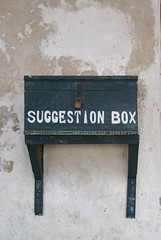Wake up. Coffee. Go to class. Coffee. Homework. Coffee….
Does having early classes increase the intake of coffee by college students?
If a college student is taking morning class, then they will increase their coffee take. A majority of college students stay up late doing homework irregardless of what time they need to wake up. The average student with morning classes will get up early to have class and then nap in the afternoon, leaving all of their homework to be done in the evening. This results in the student going to bed late and not getting enough sleep to fully function in the morning class. Therefore, students with early classes will feel the need to drink coffee to get through the morning.
A cheap and easy method to test this, is by having students fill out a survey. For a more detailed study, the researcher might send a survey during fall semester and then a follow-up survey in the spring to the participants of the first survey. This would show a comparison between the two semesters, where a student might have a different schedule and therefore, a different intake of coffee.
Some of the questions asked will be:
- How many morning classes do you have each day? (Between 8am and 10am)
- How many days in the week do you drink coffee?
- How much coffee do you drink daily?
- How often do you skip/ sleep through your morning class(es)?
- How often do you sleep during class?
- What time do you go to bed on average?
- How often do you take naps?
- When, on average, do you do the majority of your homework?
Running a survey is quick and asks direct questions related to the topic being studied. It would test all college students, from which a random selection of volunteers would participate, giving the study a good variation. Unfortunately, the survey would leave availability for lying and bias because it asks about a student’s sleep schedule. Student’s know that it is wrong to sleep during class, so they might lie about not doing it. This can alter the results and cause an inaccurate study.





